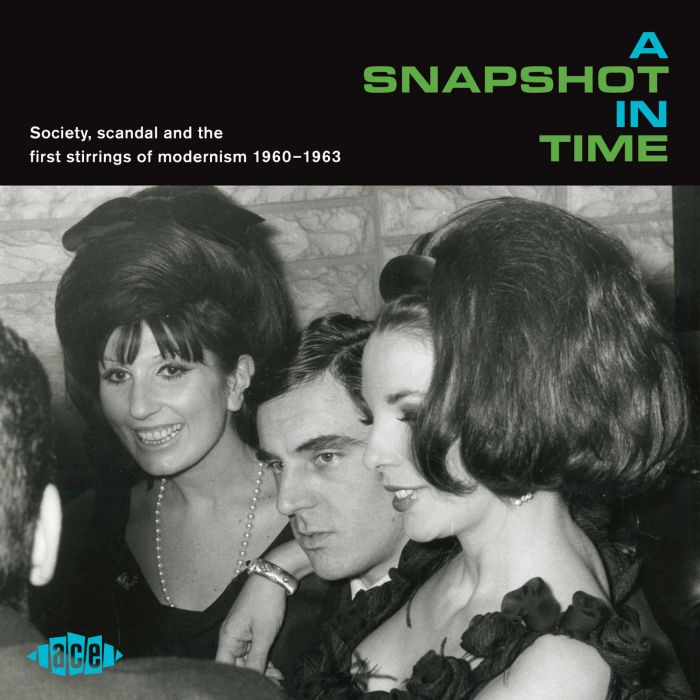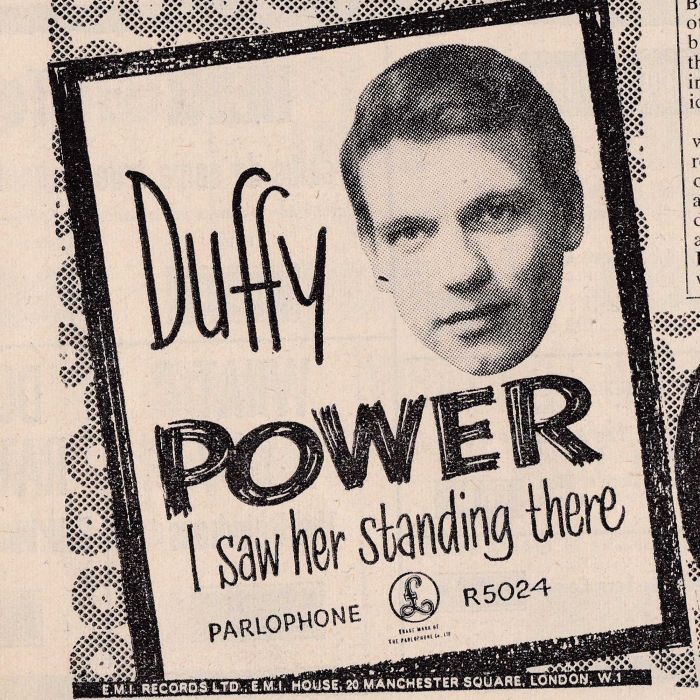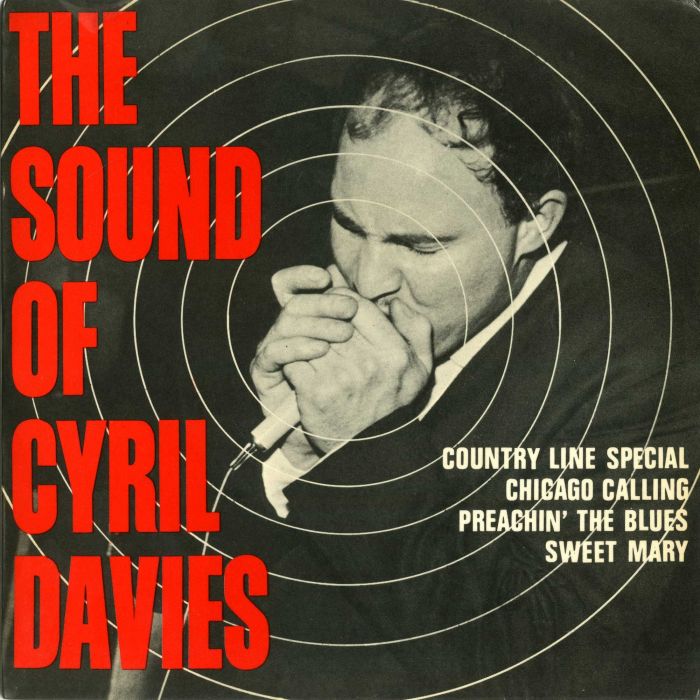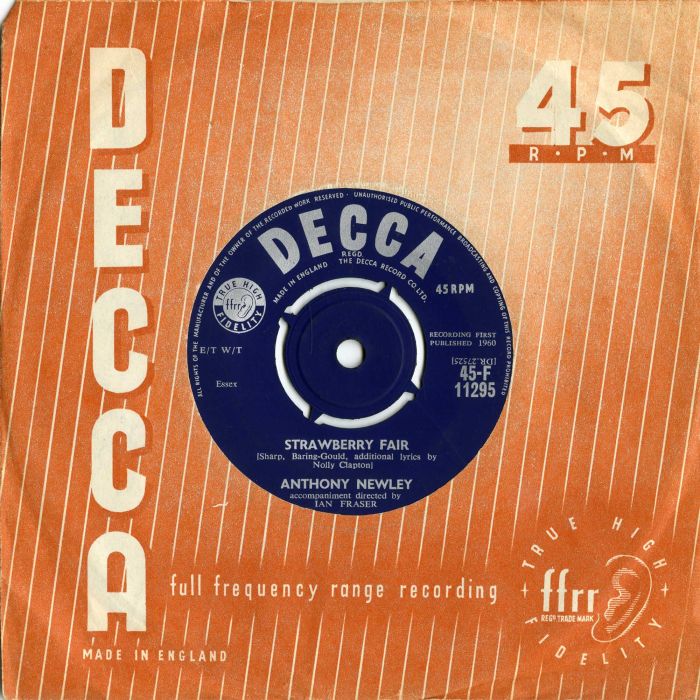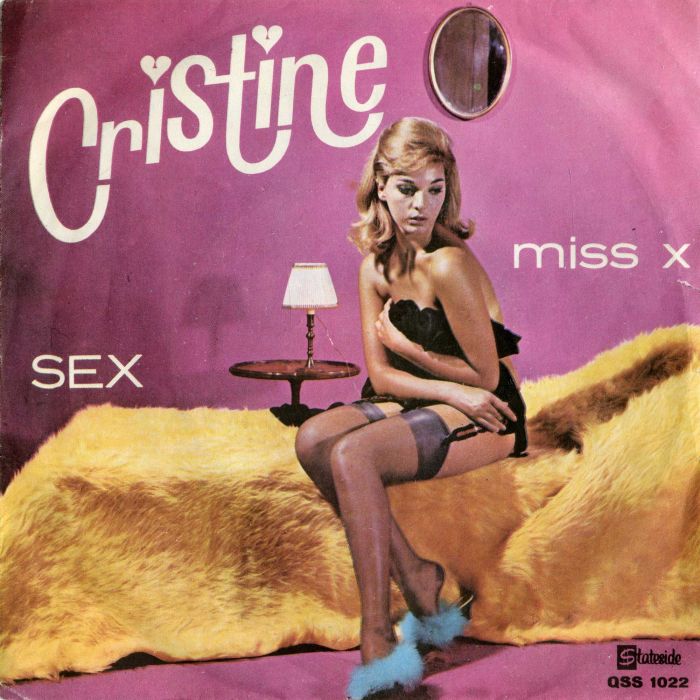A SNAPSHOT IN TIME.
A Snapshot In Time.
Ace Records.
Format: CD.
Ever since the birth of rock ’n’ roll, youth cults have come and gone. Some have proven to be nothing more than passing fads that nowadays, and nowadays, are mere footnotes in cultural history. Some youth cults have endured and played an important part in British culture. However, none of the youth cults of the past sixty years have enjoyed the same longevity as the modernists.
The modernists came to prominence in the late fifties, and their name came about because of their love of modern jazz. However, by the early sixties, things were starting to change and the modernists had become the mods.
Musically, mods had eclectic taste in music and embraced American R&B and soul music. Especially singles that were released on Stax, Atlantic Records and Tamla Motown. This led to the mods investigating some of the smaller American labels during their frequent trips to local record shops.That was where the mods ordered imports, and discovered new musical genres.
This soon included ska and reggae, which they discovered whilst looking through the racks of new arrivals and imports. While the mods enjoyed soul, R&B, reggae and ska, they didn’t turn their back on British music. The mods also enjoyed pop and rock music, and especially groups like The Rolling Stones, The Who, Small Faces and The Kinks, who were perceived as mod groups. That is still the case even today. However, music was only part of the mod movement.
Image was everything for the mods. They carefully tried to cultivate an air of coolness. The suits they wore were often tailor-made. Sometimes their suits were made out of cashmere with narrow lapels. They also sported button-down collar shirts, thin ties and wool or cashmere jumpers. All this was de rigueur for the mod around town. So too, were fishtail parkas, desert boots, Chelsea boots and bowling shoes. A few mods even took to wearing makeup. In sixties Britain, this didn’t go unnoticed. However, the mods were unlike no other youth subculture, and even had their own mode of transport.
The Lambretta or Vespa scooters were the mods choice of transport. They drove them around town, where they visited dance-halls, coffee bars and cinemas. At cinemas, mods took to watching French and Italian films. This was all part of a sense of continental coolness they were attempting to cultivate. After all, image was everything to the mod. So was music. The two went hand-in-hand as the sixties donned.
Little did anyone know that doing the sixties the sixties the world would change beyond recognition. Nothing would be the same. This included everything from film and fashion to music and politics.
During the sixties, many influential films were released. This included Lawrence Of Arabia, A Kind Of Loving and The Loneliness Of A Long Distance Runner in 1962 with Billy Liar and The Servant following in 1963. Then The Ipcress File and The Spy Who Came In From The Cold were released in 1965 with Alfie released in 1966 and Far From The Madding Crowd in 1967. As the decade drew to a close, The Italian Job, Women In Love and The Prime Of Miss Jean Brodie were released in 1969. The British film industry was able to showcase its considerable talents during the sixties. So was music industry.
In the early sixties, many young British started wearing American clothing. They were also heavily influenced by the music coming out of America. Everything from blues, Motown, R&B and Southern soul was influencing music lovers.
Meanwhile, British music was changing. The early sixties saw the demise of the manufactured pop star, as a new breed of pop and rock groups made their presence felt.
One group whose career spanned the sixties were The Beatles.They were formed in Liverpool, England, in 1960, and the Fab Four went on to provide the soundtrack to the decade. By late 1962, the group had already enjoyed their first hit single, Love Me Do. This was just the start.
Less than two years later in early 1964, The Beatles were international stars who were enjoying commercial success and critical acclaim. Their finest albums include 1965s Rubber Soul, 1966s, Revolver, 1967s Sgt. Pepper’s Lonely Hearts Club Band and 1969s Abbey Road. By then, The Beatles were one of the biggest and most successful group in the world. They were already the best selling music act of all time. In the UK eleven of their twelve studio albums had topped the charts and the had sold a record 21.9 million singles. Add to this seven Grammys and the Academy Award the group had won. The Beatles like the Rolling Stones, The Who and The Kinks had transformed British music from the early sixties onwards.
Meanwhile, the early sixties were troubling times politically. At the heart of the Cold War spies defected, and in 1963: “the world held its breath” during the Cuban Missile Crisis.
The same year, 1963, saw the Profumo Scandal. It first came to light in March, when rumours started to emerge of the affair between John Profumo, the Conservative Secretary of State For War in Harold Macmillan’s government and the model Christine Keeler. However, that was only part of the story. It turned out that the model was also having a relationship with a Yevgeny Ivanov a naval attaché at the Russian Embassy in London who was engaged in espionage. Obviously, this presented a security risk.
Initially, Profumo denied the affair in a statement to the House of Commons. However, a police investigation discovered the truth and that he had lied to Parliament. On June the ‘5th’ 1963, it was announced that Profumo was resigning as an MP. This was the latest chapter in one of the biggest political scandals to rock Britain.
Between 1960 and 1963 Britain saw many changes. Things were changing and changing fast. They’re documented on A Snapshot In Time, which was recently released by Ace Records. It’s subtitled Society, scandal and the first stirrings of modernism 1960-1963.
It features an eclectic selection of twenty-four tracks. There’s contributions from a mixture of familiar faces and what will be new names to some people. However, like previous mod compilations it’s quality all the way on A Snapshot In Time.
Opening the compilation is Jimmy Powell with Sugar Baby Part 1 and 2. These tracks were released by Decca in 1962 as a single and were produced by Jack Good. The Birmingham-born singer unleashes a vocal powerhouse on tracks that have been heavily influenced by blues, R&B and soul. They’re a reminder of a truly talented singer who sadly, never enjoyed commercial success.
Baby Please Don’t Go was released as a single on Columbia in 1964 by Ottilie Patterson. He was accompanied by legendary blues harmonica player Sonny Boy Williamson who had written the track. It was arranged and conducted by Ivor Raymonde with Bob Barratt taking charge of production on this Anglo-American blues.
Having signed to EMI in March 1963, Manfred Mann released their debut single Why Should We Not. It’s a slow and moody instrumental that’s a fusion of blues, jazz and R&B that would become a favourite of mods
Chicago Calling was released as a single by Cyril Davies and His Rhythm & Blues All Stars on Pye International in 1963. By then, the bandleader was known as a blues purist. He transformed The Savages into his new blue band and they released two singles. This is their finest and it still stands the test of time fifty-nine years later.
Jimmy Cliff was only a teenager when he recorded his composition King Of Kings for Chris Blackwell’s nascent Island Records. The single was released in 1963 and nowadays, is regarded as a genre classic.
Chris Farlowe released Air Travel as a single on Decca in 1962. Hooks aren’t in short supply in this memorable slice of early sixties soulful pop.
Sounds Inc were a Kent-baed septet. They often backed visiting American stars when they played in the UK. However, in 1962 the group released Sounds Like Locomotion on Decca. This R&B track was a dancefloor filler and favourite of mods in the early sixties.
In 1961, Moanin’ was released as a single by Lynn Cornell on Decca. This sultry fusion of jazz and blues was produced by Jack Good and is one of the compilation’s highlights.
When The Blue Flames released J.A. Blues on the R&B label in 1963, hidden away on the B-Side was Orange Street. It was written by the group who seamlessly combine blues and jazz on this timeless Hammond organ led instrumental.
I’m Built For Comfort by Alexis Korner’s Blues Incorporated features a vocal by the legendary British blues man Long John Baldry. This Willie Dixon cover belatedly featured on the 1981 compilation Alexis Korner’s Blues Incorporated and is a reminder of one of the great groups of the great British blues groups.
Closing A Snapshot In Time is Theme From Danger Man’ by The Red Price Combo with Orchestra. The single was released by Parlophone in 1961. It’s a dramatic cinematic single where horns play a leading role as the rhythm section drive the arrangement along and close the compilation on a high.
A Snapshot In Time is the latest modernist compilation from Ace Records. The tracks were recorded between 1960 and 1963. This was still the early years of the mod era.
However, by then, the mods had embraced much more than modern jazz. This included everything from blues, jazz, R&B and soul to ska and reggae. Then there was the music being released by Atlantic Records, Stax and Tamla Motown. All this was part of the soundtrack to the early sixties. The mods embraced and enjoyed an eclectic selection of music which provided the soundtrack to their lives.
Nearly sixty years later, A Snapshot In Time features an eclectic selection of tracks that were released between 1960 and 1963. They were recorded by a number of familiar faces and what will be new names to some music fans. However, in an instant the music on A Snapshot In Time will transport mods young and old back to the early sixties. This was a time when everything from music to film and fashion and politics was changing. Nothing would ever be the same again. However, this lovingly curated compilation of modernist music from Ace Records provides A Snapshot In Time.
A Snapshot In Time.
